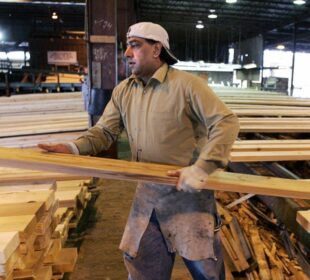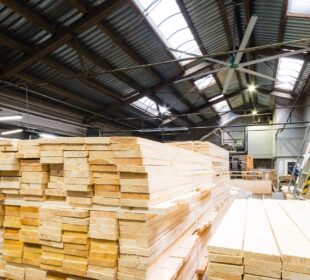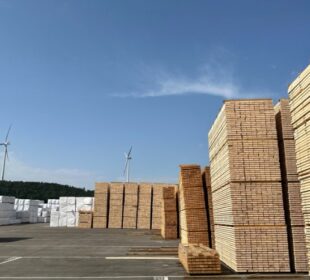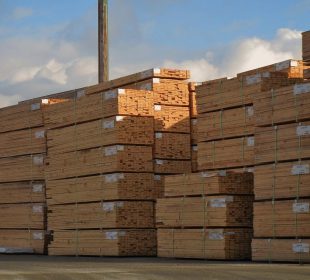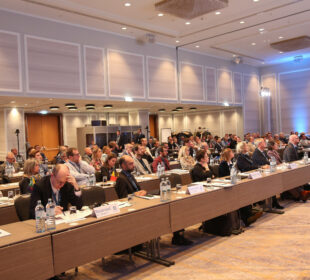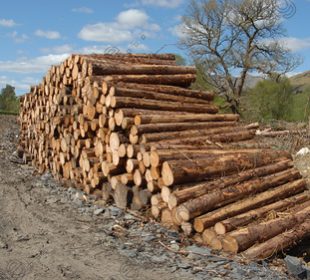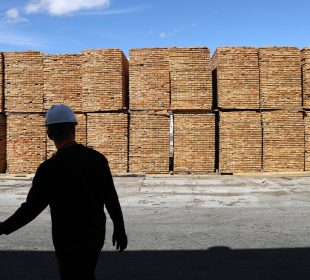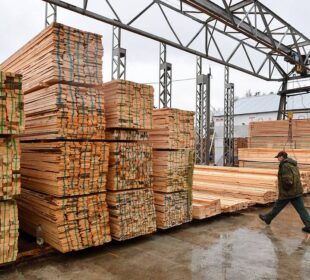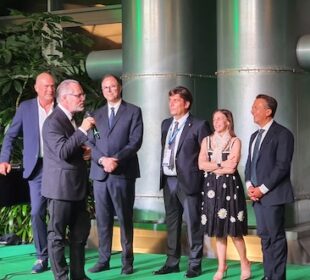The total softwood lumber production in British Columbia reached adjusted 2.65 million dry m3. The production increased by 5.9% compared to last year and grew by 2.2% year over year. It was the highest first-quarter production since 2007.
The international exports increased by 21.5% compared to the Q1/2015, thus reflected in the production growth. The gap between exports and production growth could reflect sales of existing inventories. Shipments to the U.S. jumped 37% while those to China remained largely the same and exports to Japan contracted, as reported by Business in Vancouver.
Also, once with the expiry of the softwood lumber agreement between Canada and the US, there have been short-term exports to the US. At the moment, the one-year standstill since the October 2015 expiration of the SLA keeps free trade access to the U.S. market. This protects Canada’s lumber from export taxes and low benchmark prices.
The benchmark Multiple Listing Service price for the combined Metro Vancouver and Abbotsford-Mission area jumped 4.8% from April to a seasonally adjusted $778,209, due to the critical lack of inventory and high demand, according to Business in Vancouver.
In the course of the past year, the benchmark price rose by 30%. Moreover, the home sales decreased from April to a seasonally adjusted 6,260 units. Still, the year-on-year gains remained at 25%, with the year-to-date increase at 35%.
The imbalance between the supply and demand is likely to continue and to drive the prices even higher than now. The active inventories are in decline and the supply depends on the lack of alternative of alternative new housing for detached sellers in the local market.


